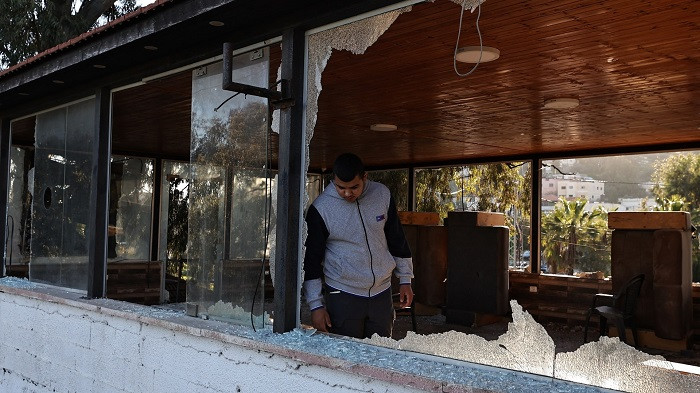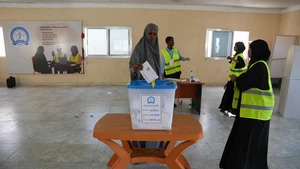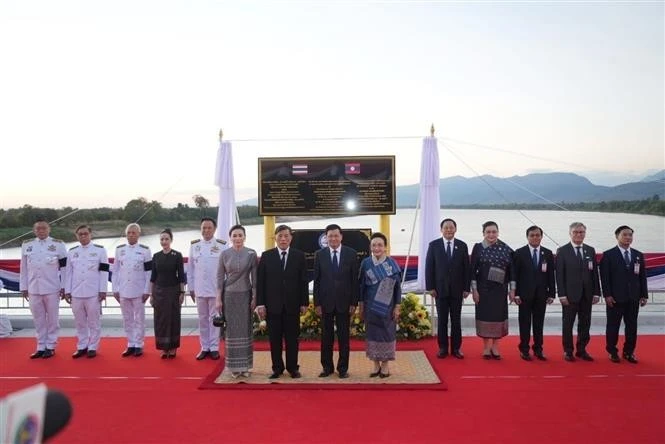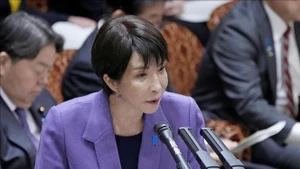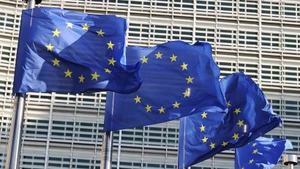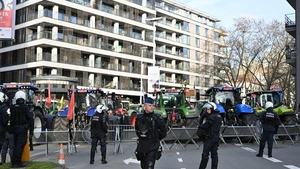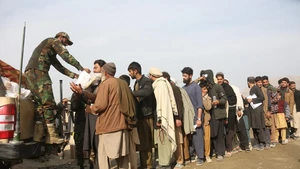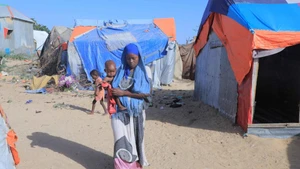* Turkish President Tayyip Erdogan on Sunday named former environment minister Murat Kurum as the ruling AK Party's candidate in Istanbul's mayoral election in March, bidding to win back control of Turkey's largest city.
* Japan will continue to support Ukraine, Japanese foreign minister Kamikawa Yoko said on Sunday during her visit to Kyiv.
* U.S. Secretary of State Antony Blinken assured Jordan's King Abdullah on Sunday that Washington opposes the forcible displacement of Palestinians from Gaza or the occupied West Bank, as he hoped to kickstart talks on Gaza's future.
* The terrorist threat level against Sweden remains high, security police said on Sunday. The Swedish Security Service said in a statement its assessment of the terrorist threat against the Nordic country remained at level 4 on a 5-degree scale, to which it was raised last year.
* France requires more than the six new nuclear plants currently planned and possibly needs to build more than 14 new plants, its energy minister said, just days before a parliamentary debate begins on the issue.
* Israel's cabinet is set to approve a 2024 wartime budget on Thursday, Finance Minister Bezalel Smotrich said on Sunday, after ministers approved 9 billion shekels ($2.5 billion) in financial support for military reservists.
* The European Union should form its own combined army that could play a role in peacekeeping and preventing conflict, Italian Foreign Minister Antonio Tajani said.
* Somalia's President Hassan Sheikh Mohamud signed a law nullifying an agreement by the breakaway Somaliland region to grant Ethiopia access to the Red Sea in return for recognition as an independent nation, he said late on Saturday.
* China's foreign exchange reserves rose in December, official data showed on Sunday, as the dollar fell against other major currencies. The country's foreign exchange reserves - the world's largest - rose more than expected, by $66 billion to $3.238 trillion last month.
* Britain said it plans to spend 300 million pounds ($380 million) on a new programme to produce advanced nuclear fuel suitable for the next generation of power-generating reactors, seeking to dislodge Russia as the main international supplier.
